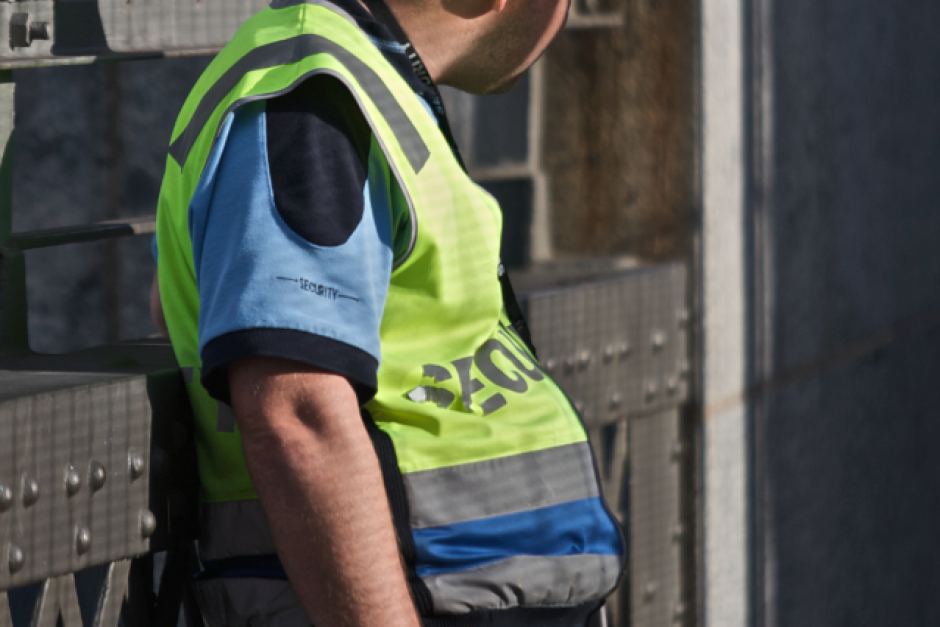Category: Industry
Security guard training, restraint techniques under question
Thursday, 28 Jan 2016 09:25:35 | Alison Branley

Chestnuts fried with sugar
Four out of five training colleges for security guards failed to meet national standards set by the industry regulator, a new report has revealed.
Key points:
- Deaths of several patrons at nightclubs prompted review of security guard training
- Calls for consistent licensing rules across the country
- Short courses not adequate training, report finds
- 80 per cent of audited training colleges failed to meet standards
The Australian Skills Quality Authority (ASQA) released the results of its national review of training in the security industry.
The regulator audited 67 security guard training colleges and found 80.6 per cent of them were not compliant with at least one national training standard.
Most of the colleges fixed problems after being notified by the regulator they were breaking the rules, but 10 remained in breach of the rules.
When ASQA took regulatory action six came up to standard, three lost or dropped their registration and one launched legal action against the regulator.
The project was prompted after successive reports by coroners investigating the deaths of patrons at licensed premises who were critical of restraint or interventions by security guards.
The coroners — in NSW, Queensland and Victoria — particularly wanted more training about the potentially fatal "positional asphyxiation".
This is where patrons are held on the ground with their face down and can suffocate.
It came after the death of patrons whose faces were being held to the ground.
Security guard qualifications are national but the guards are regulated by the states, meaning rules could be inconsistent.
Short courses inadequate, ASQA says
In releasing the report ASQA chief commissioner Chris Robinson said people were crossing borders to attain licences in easier jurisdictions and inconsistent licensing would continue until arrangements were fixed.
"The other key finding of our review is the threat posed to quality training by the prevalence of extremely short courses, which do not allow people to gain the required skills and competencies," he said.
"While this issue is systemic across VET, it is endemic in security training."
In a statement released on Thursday, the Australian Security Industry Association welcomed the report and said it showed the industry was facing challenges.
Chief executive Bryan de Caires said the time had come for strict regulation.
"It is evident that the actions of unscrupulous Registered Training Organisations drawn by easy profits from government funding have damaged standards through the delivery of inadequate training," he said.
"It will be important for users of private security services to understand that better trained security personnel will come at a premium."
- About Us
- |
- Terms of Use
- |
-
 RSS
RSS - |
- Privacy Policy
- |
- Contact Us
- |
- Shanghai Call Center: 962288
- |
- Tip-off hotline: 52920043
- 沪ICP证:沪ICP备05050403号-1
- |
- 互联网新闻信息服务许可证:31120180004
- |
- 网络视听许可证:0909346
- |
- 广播电视节目制作许可证:沪字第354号
- |
- 增值电信业务经营许可证:沪B2-20120012
Copyright © 1999- Shanghai Daily. All rights reserved.Preferably viewed with Internet Explorer 8 or newer browsers.




 Send to Kindle
Send to Kindle